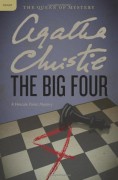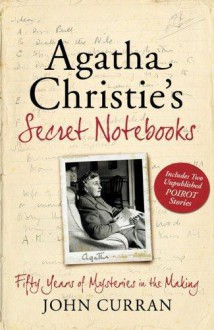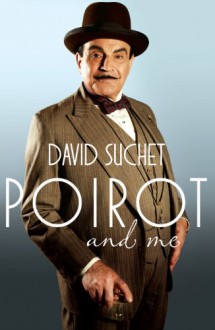I've been talking about doing this for a while, and I think that I am as ready as I will ever be to embark on it. In terms of the timing of the posts, they'll come when they come. I have my ranking already established, but I may need to do some rereads before I am ready with each post, so I expect to sporadically add posts over the next several months. Some posts will talk about multiple books, some, probably, only one. I really don't have a plan here, aside from organizing them in some sort of ranked order.
I will attempt to avoid spoilers, and will clearly mark spoilers both at the beginning of the post and at the point where the spoiler occurs.
This first post is easy peasy though, because today, we're going to talk about the worst two Christie novels, as stated by MR. All of Agatha Christie's mysteries are worth reading at least once, except for these two, which are completely skippable with no redeeming value whatsoever.
 66. Passenger to Frankfurt
66. Passenger to Frankfurt
Passenger to Frankfurt was published in 1970, very late in Christie's career. In fact, there are only 5 books that were published after P2F - Nemesis, Elephants Can Remember, Postern of Fate, Curtain and Sleeping Murder, and of those five, both Curtain and Sleeping Murder were written many years prior and held for publication until the end of Christie's career.
Reason for the ranking: Passenger to Frankfurt is an execrable book that was only published because it was written by Agatha Christie. By every possible metric, it should not have been published: the mechanics of the mystery are bad, the characters are worse, and the plot is utterly lacking in credibility. The writing is pedestrian at best.
No book ever should use the possibility that Adolf Hitler left behind an heir to represent the Teutonic ideal as a plot point. This book is abysmal, and doesn't merely stand as the worst book that Agatha Christie ever wrote, it stands as one of the worst books published by a legitimate publisher in all of human history. It's not even worthy of reading as a curiosity.
The only reason to read this book is if you are reading everything written by Agatha Christie.
I do have to confess that I couldn't stomach the idea of reading this book again, so I am working off of my memory when I write this. I've been trying to reread before ranking, and I will continue with my rereading project as I work through this definitive ranking process, but this was such an obvious choice for #66 that I felt no responsibility to revisit it.
 65. The Big Four:
65. The Big Four:
The Big Four, on the other hand, was published fairly early in Christie's career, in 1927, and stands in as the 4th full-length Poirot mystery. Agatha was still alternating between standard mystery and international espionage at this point in her career. In the Poirot canon, The Big Four is preceded by The Mysterious Affair at Styles, Murder on the Links and The Murder of Roger Ackroyd, two solid mysteries and one, The Murder of Roger Ackroyd, that is one of her greatest technical achievements. It was followed by The Mystery of the Blue Train and Peril at End House. Of those two, Peril at End House is very good and The Mystery of the Blue Train is mediocre at best.
I did force myself to reread The Big Four in going through this process, to determine if it would improve on the second reading. It did, but just a little bit.
Reason for the Ranking: This book is really a curiosity, and I do maintain that it can be skipped unless one is a completist. The one additional reason to read it is that it involves the second encounter between Poirot and Countess Vera Rossokov, who functions as Poirot's Irene Adler character. She also appears in two short stories: The Double Clue and The Capture of Cereberus, which is the 12th and final story in the exceptional short story collection The Labours of Hercules.*
The main problem with The Big Four is that the plot is impossibly convoluted and frustratingly unbelievable. Many of Christie's early thrillers have a light-hearted sensibility to them that allows me, at least, to overlook their technical flaws (The Secret Adversary, The Secret of Chimneys, The Seven Dials Mystery) because they are just flat-out charming and fun. The Big Four is neither charming nor fun - it is a slog, and there is a bit of cruelty to poor Hastings that is nearly unforgivable (even if it is defensible given the plot action). It is the only Hercule Poirot mystery that I would wholly recommend skipping, and it is unfortunate that it is an early mystery because readers who embark on a Poirot reading in order could easily bog down here and not want to read on.
*As an aside, I am not ranking short story collections at this point. However, this is one of Christie's strongest collections, with a series of linked short stories.


 Log in with Facebook
Log in with Facebook 














